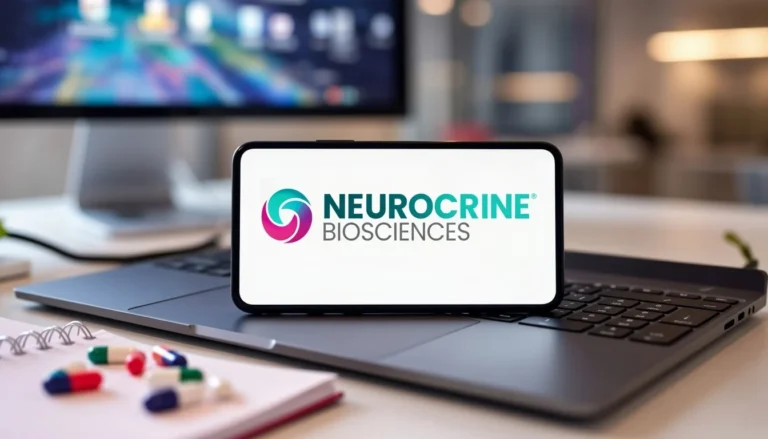
Health Canada Grants Authorization for LEQEMBI®” (lecanemab) for the Treatment of Early Alzheimer’s Disease
In Canada, lecanemab is indicated for the treatment of adult patients with a clinical diagnosis of mild cognitive impairment or mild dementia due to Alzheimer’s disease (early AD) who are apolipoprotein E ε4 (ApoE ε4*) non-carriers or heterozygotes and who have confirmed amyloid pathology
Eisai Co., Ltd. (Headquarters: Tokyo, CEO: Haruo Naito, “Eisai”) and Biogen Inc. (Nasdaq: BIIB, Corporate headquarters: Cambridge, Massachusetts, CEO: Christopher A. Viehbacher, “Biogen”) announced today that Health Canada has issued a Notice of Compliance with Conditions (NOC/c) for humanized anti-soluble aggregated amyloid-beta (Aβ) monoclonal antibody “LEQEMBI®” (lecanemab) for the treatment of adult patients with a clinical diagnosis of mild cognitive impairment or mild dementia due to Alzheimer’s disease (early AD) who are apolipoprotein E ε4 (ApoE ε4*) non-carriers or heterozygotes and who have confirmed amyloid pathology. LEQEMBI is the first treatment for early AD that targets an underlying cause of the disease, to be authorized in Canada.
LEQEMBI selectively binds to soluble Aβ aggregates (protofibrils**), as well as insoluble Aβ aggregates (fibrils) which are a major component of Aβ plaques, thereby reducing both Aβ protofibrils and Aβ plaques in the brain. LEQEMBI is the first approved treatment shown to reduce the rate of disease progression and to slow cognitive and functional decline in adults with AD. LEQEMBI is also approved in 51 countries and regions including Japan,1 the United States,2 Europe,3 China,4 South Korea,5 Taiwan,6 and SaudiArabia,7 and applications have been filed in 9 countries.
The approval of LEQEMBI is based on the large global Phase 3 Clarity AD study. In the Clarity AD study, LEQEMBI met its primary endpoint and all key secondary endpoints with statistically significant results.8,9 LEQEMBI has been issued market authorization with conditions, pending the results of trials to verify its clinical benefit. Eisai plans to submit clinical assessment data captured from participants in real-world clinical practice.

AD is the most common form of dementia, accounting for 60 to 80% of all cases.10 As of January 1, 2025, it is estimated there are more than 771,000 patients with dementia in Canada, which is expected to increase to approximately 1 million in 2030 and over 1.7 million in 2050.11 In addition, annual care provided by family and friends for those with dementia is equivalent to 290,000 full-time jobs, which is expected to increase to 690,000 full-time jobs in 2050.11
Eisai serves as the lead for lecanemab’s development and regulatory submissions globally with both Eisai and Biogen co-commercializing and co-promoting the product and Eisai having final decision-making authority. In Canada, Eisai Limited will distribute the product and conduct information provision activities. Eisai and Biogen are committed to working together with healthcare professionals and other stakeholders towards the early treatment of AD.
Apolipoprotein E is a protein involved in the metabolism of lipid in humans. It is implicated in AD. People with only one (heterozygous) or no copy (non-carriers) of the ApoE ε4 gene are less likely to experience ARIA than people with two ApoE ε4 copies (homozygous).12
Protofibrils are believed to contribute to the brain injury that occurs with AD and are considered to be the most toxic form of Aβ, having a primary role in the cognitive decline associated with this progressive, debilitating condition.13 Protofibrils cause injury to neurons in the brain, which in turn, can negatively impact cognitive function via multiple mechanisms, not only increasing the development of insoluble Aβ plaques but also increasing direct damage to brain cell membranes and the connections that transmit signals between nerve cells or nerve cells and other cells. It is believed the reduction of protofibrils may prevent the progression of AD by reducing damage to neurons in the brain and cognitive dysfunction.14
About Biogen
Founded in 1978, Biogen is a leading biotechnology company that pioneers innovative science to deliver new medicines to transform patients’ lives and to create value for shareholders and our communities. We apply deep understanding of human biology and leverage different modalities to advance first-in-class treatments or therapies that deliver superior outcomes. Our approach is to take bold risks, balanced with return on investment to deliver long-term growth.





